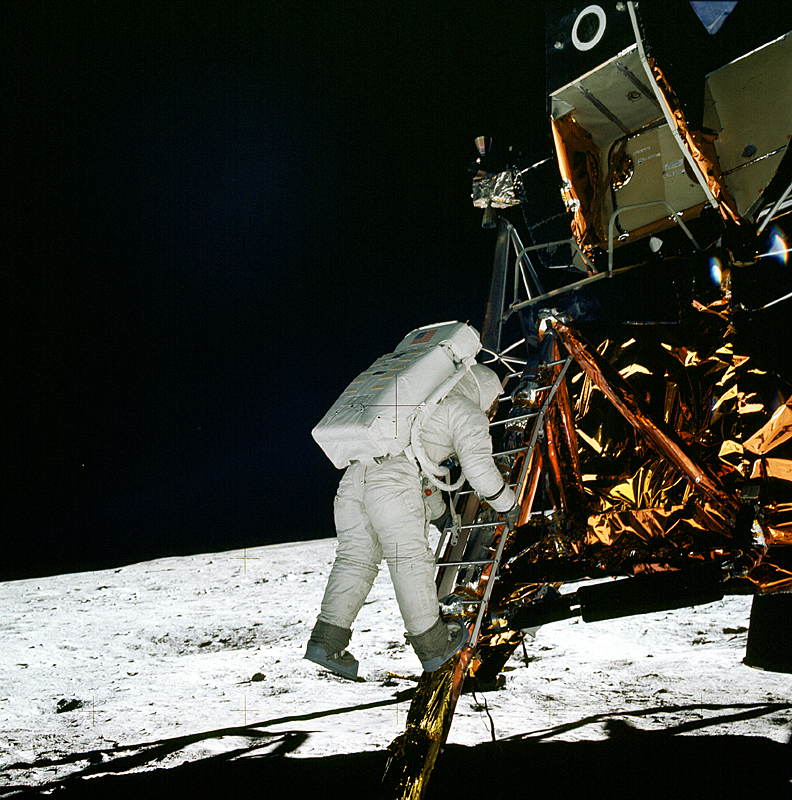a second excerpt from the art of living
Time
In the light of the indeterminacy of the primal unity in Hindu Philosophy, with all its probably absurd freedom, it seems only natural that the lasting moment be the point of lasting creativity, the point from which we view the world, the part of the part-whole. Experience thoughtfully observed and pondered tells us that the present-ing moment (gifting) is all that we have ever known, while the past is literally only memory and the future is just our estimation of what we may do or what may take place in the present moment, which we can only understand through the experience of the present moment itself. It may also be that impermanence is the only reason that temporal thought exists. To elaborate, time may well be our paradigm for signifying change. We make the mistake of believing that time itself is something existent when time could not exist without the change of impermanence. So, it makes you wonder if time exists at all? Maybe it's just change. It seems that without change, time would not only cease to exist, but it would not have ever entered thought. At this point, one has to wonder, would thought have ever come to pass when passing itself never could...
It is this boundedness to change as impermanence and the present moment (as present-ing (gifting)) that allows us and the whole-world the infinite possibility of present-ing moment. (The moment as present and never again is the door to infinite possibility because it can never be again.) This is exactly the creativity simultaneously accomplished with the same stroke of destruction, and destruction as creativity is change itself or impermanence. The happening is never duplicatable. It is from this that the world is creative, artistic itself.
In the light of the indeterminacy of the primal unity in Hindu Philosophy, with all its probably absurd freedom, it seems only natural that the lasting moment be the point of lasting creativity, the point from which we view the world, the part of the part-whole. Experience thoughtfully observed and pondered tells us that the present-ing moment (gifting) is all that we have ever known, while the past is literally only memory and the future is just our estimation of what we may do or what may take place in the present moment, which we can only understand through the experience of the present moment itself. It may also be that impermanence is the only reason that temporal thought exists. To elaborate, time may well be our paradigm for signifying change. We make the mistake of believing that time itself is something existent when time could not exist without the change of impermanence. So, it makes you wonder if time exists at all? Maybe it's just change. It seems that without change, time would not only cease to exist, but it would not have ever entered thought. At this point, one has to wonder, would thought have ever come to pass when passing itself never could...
It is this boundedness to change as impermanence and the present moment (as present-ing (gifting)) that allows us and the whole-world the infinite possibility of present-ing moment. (The moment as present and never again is the door to infinite possibility because it can never be again.) This is exactly the creativity simultaneously accomplished with the same stroke of destruction, and destruction as creativity is change itself or impermanence. The happening is never duplicatable. It is from this that the world is creative, artistic itself.


0 Comments:
Post a Comment
<< Home